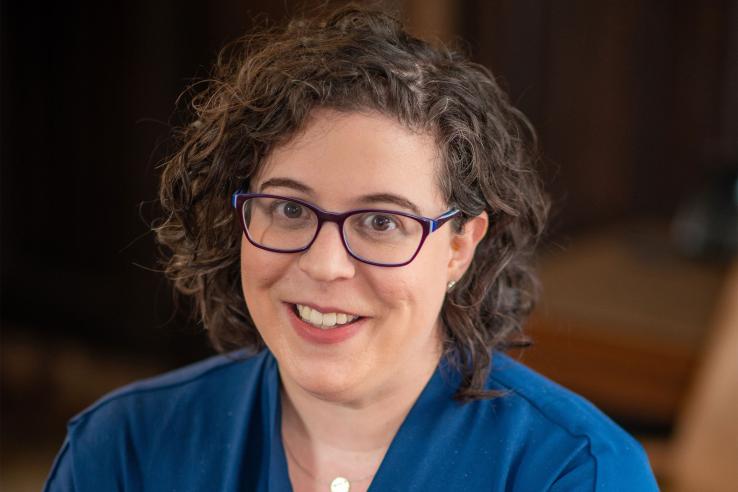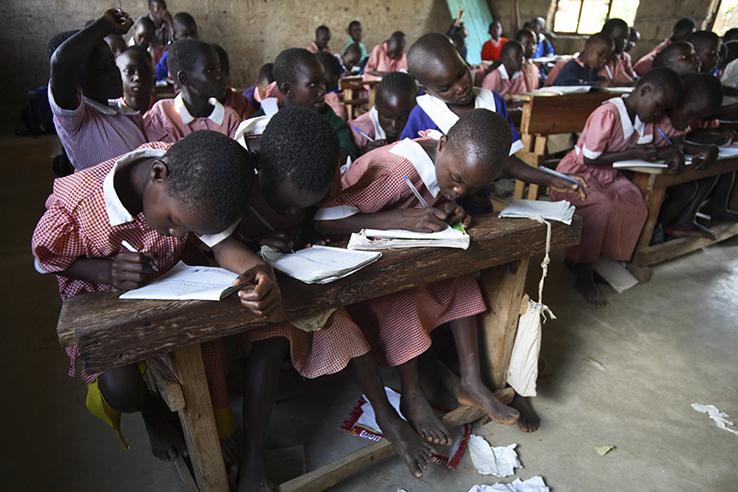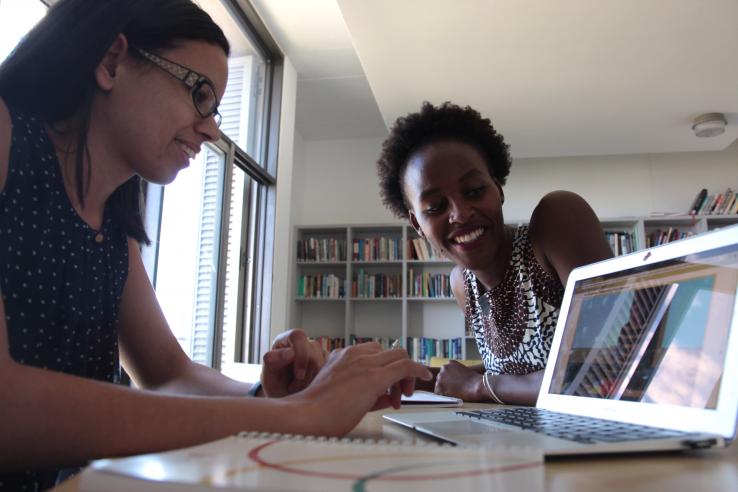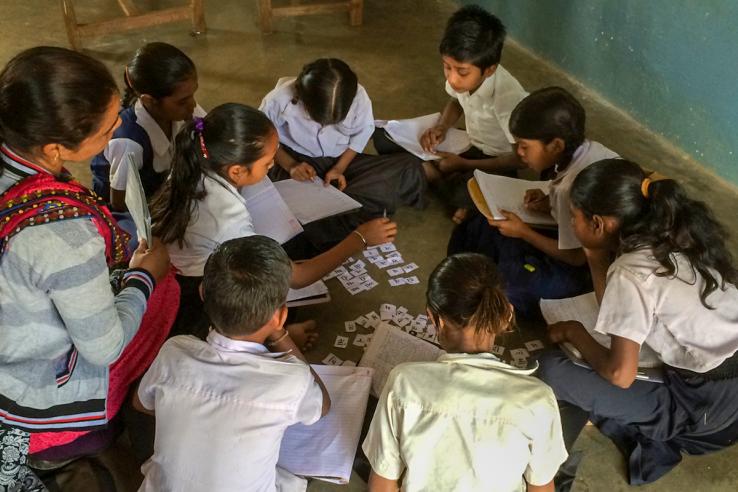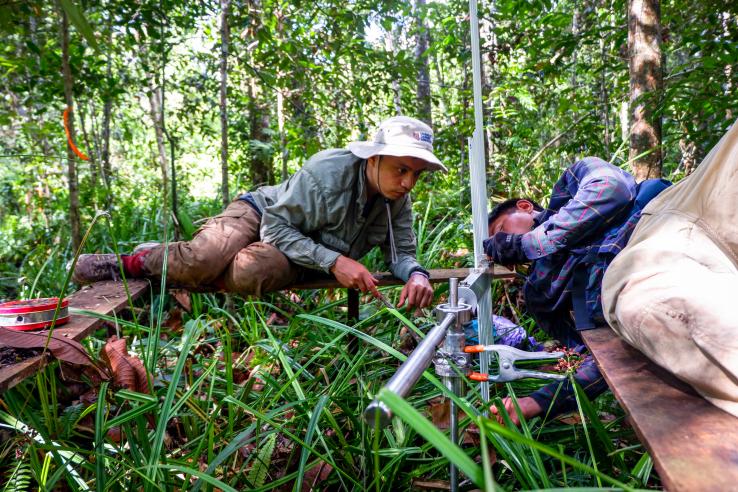Displaying 2251 - 2265 of 8473
Person
María Paz joined J-PAL in 2009 and is currently working on an education project.
Research resource
This document provides a primer on basic data security themes, provides context on elements of data security that are particularly relevant for randomized evaluations using individual-level administrative and/or survey data, and offers guidance for describing data security procedures to an...
Person
Alejandra Aponte joined J-PAL in June of 2010 as a research assistant for the Chilean installment of an evaluation assessing improving financial access in rural households in southern Chile.
Blog
The COVID-19 pandemic has resulted in significant reductions in the quality and quantity of schooling across the United States. J-PAL North America’s The COVID-19 Recovery and Resilience Initiative COVID-19 Recovery and Resilience Initiative aims to identify effective ways to support students...
Blog
How can policy leaders best support their communities in the face of the joblessness, educational setbacks, and trauma inflicted by the COVID-19 pandemic? Rigorous evidence will play a critical role in helping us understand which policies and programs will truly work to help communities recover in...
Research resource
Implementing partners and researchers should work closely together during the study design phase of a randomized evaluation to create a feasible implementation strategy. This resource is intended to provide a framework for researchers making study design decisions with their partners. The general...
Blog
As the new school year begins and COVID-19 cases continue to spread across the United States, questions remain about how to educate students effectively and safely. We sat down with affiliate Sarah Cohodes to discuss the school reopening process, the impact of remote learning on students and parents...
Research resource
This resource provides guidance for evaluations that use technology as a key part of the intervention being tested. Examples of such interventions might include automated alerts embedded into an Electronic Medical Record, or a text messaging platform facilitating communication between teachers and...
Blog
This blog post is part one of three in a series on how state and local governments in the United States can promote upward mobility in their communities. It is part of J-PAL North America’s work to develop a learning agenda that summarizes the core research priorities from state and local...
Blog
Cost-effectiveness analyses (CEAs) can be a helpful tool in comparing programs with similar tools and determining which are likely to provide the greatest return on investment. Although CEAs are not sufficient alone to inform policy decisions, they can be a useful starting point.
Blog
J-PAL Africa learned from focus groups in Ghana that lack of local connection and learning with peers is one of the biggest challenges experienced by students in the online MicroMasters in Data, Economics, and Development Policy. As a response, J-PAL Africa developed a course representative system...
Blog
Job and wage losses in the United States have disproportionately impacted low-income workers, workers of color, and women, setting the stage for pre-existing racial and gendered wealth and wage gaps to widen. The COVID-19 Recovery and Resilience Initiative aims to identify effective ways to support...
Event
J-PAL South Asia is excited to present COVIDialogues, a webinar series in which leading J-PAL-affiliated researchers respond with evidence to COVID-19’s most critical policy questions. The first COVIDialogue, which features Nobel Laureate Abhijit Banerjee (Massachusetts Institute of Technology, J...
Blog
Does universal basic income (UBI) help vulnerable populations respond to large-shocks, such as COVID-19? J-PAL affiliated researchers recently followed up on a 2017 study to assess the program's impact.
Blog
J-PAL's King Climate Action Initiative announced the results of its first competition aimed at identifying innovative solutions at the intersection of poverty and climate change, serving as a critical first step in building a longer playbook of evidence-based and cost-effective climate change...


